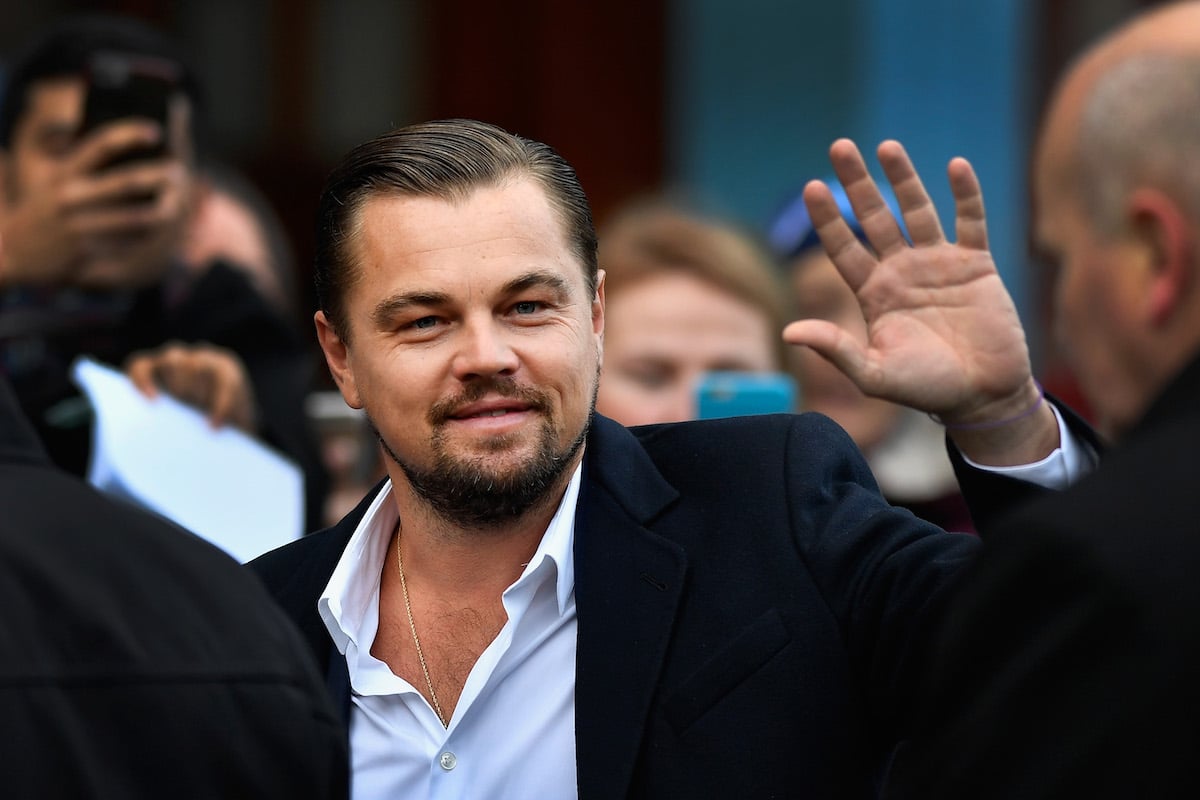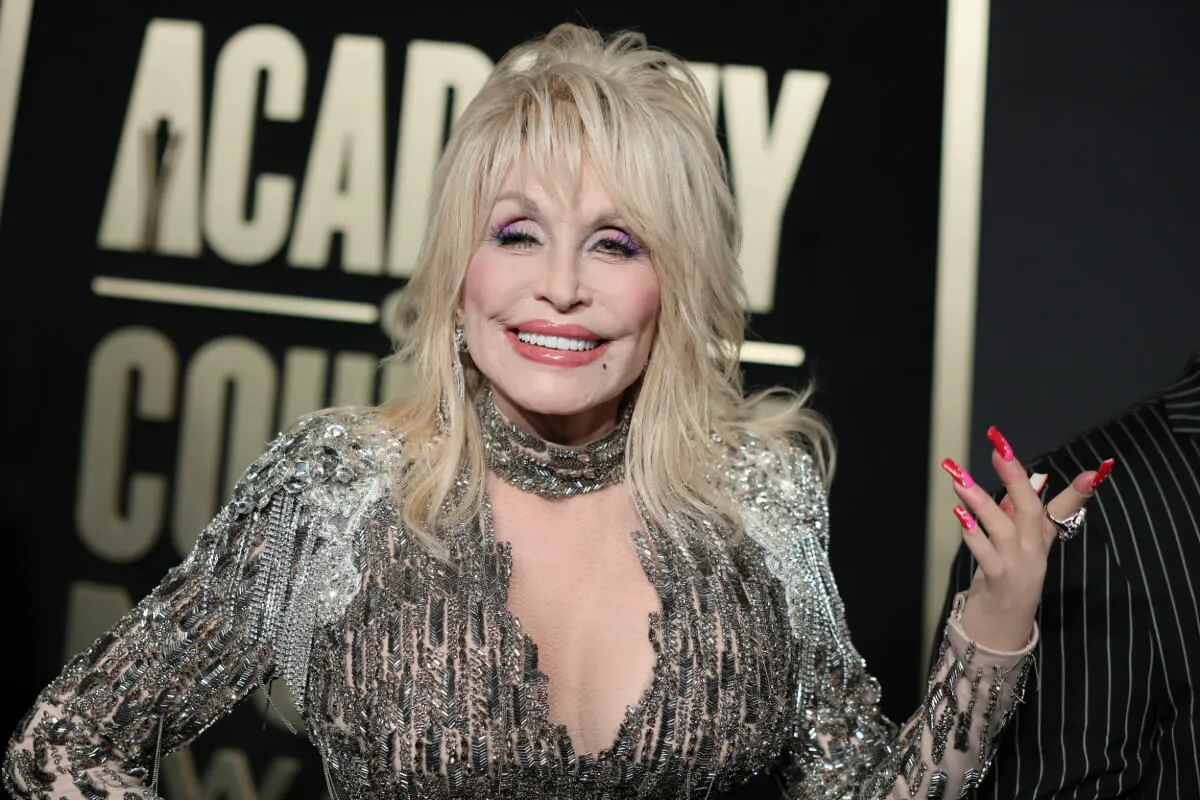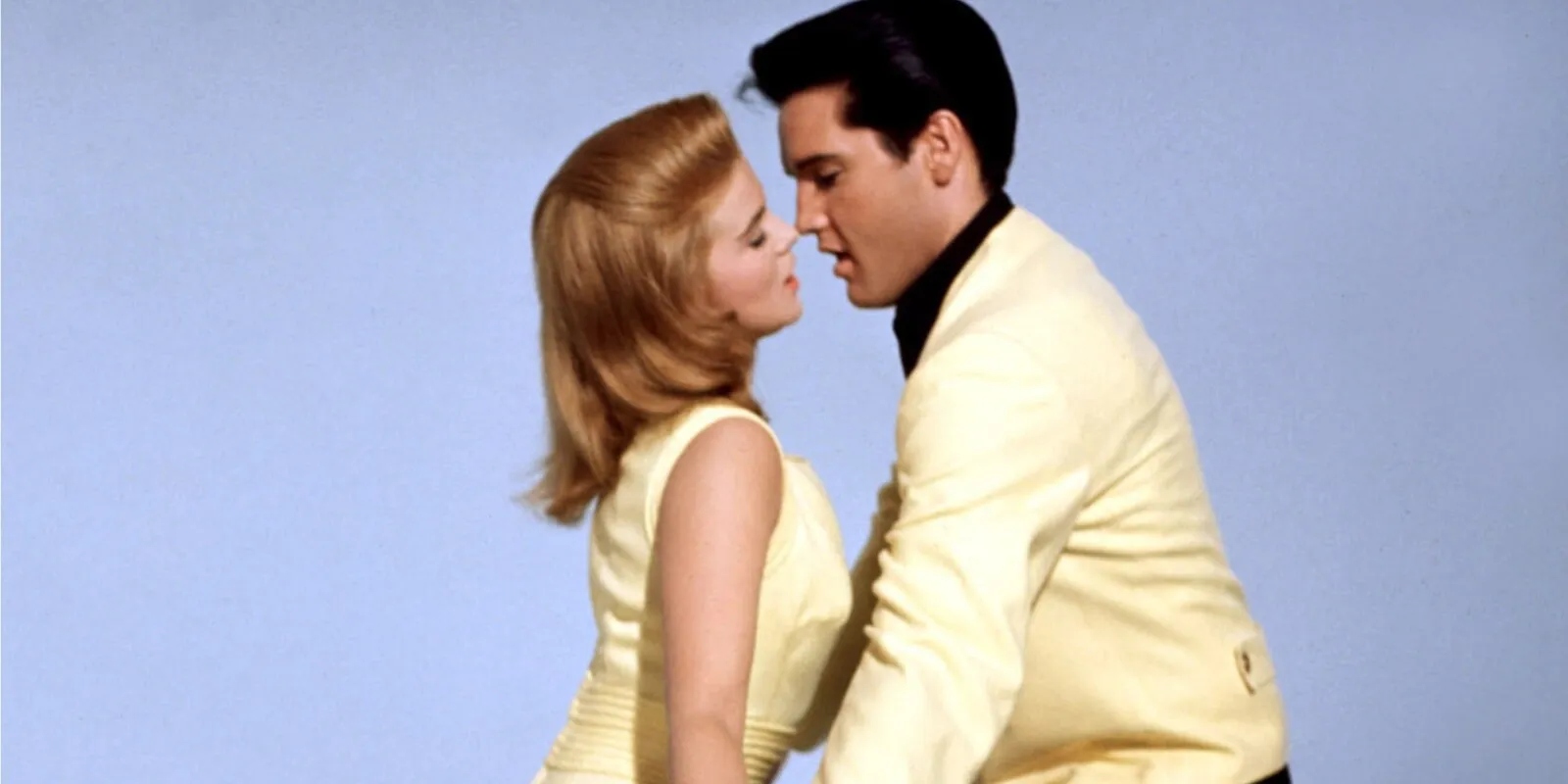
Leonardo DiCaprio’s Real-Life Injury Made It Into ‘Django Unchained’
Many of Quentin Tarantino’s most iconic characters sit firmly in the morally gray areas of humanity, but the filmmaker steered into reprehensible villainy with Calvin Candie in Django Unchained. Despite DiCaprio’s discomfort with the role, the actor fully committed to depicting this sadistic slave owner with palpable intensity. In one of his standout scenes, DiCaprio got some inside the role that he injured himself while delivering a monologue.
The actor got so worked up during a climactic scene that he cut his hand open

The full depth of Calvin’s performative charm and underlying menace is at its most apparent during a dinner party scene at his home.
What begins as an amicable discussion quickly curdles into something more sinister when Calvin brings out the skull of a dead slave, spouts some racist phrenology about black people’s brains, and reveals that he knows about the protagonist’s scheme to save Broomhilda. (The entire scene is on YouTube.) At one point during his screed, DiCaprio slams his hand on a glass sitting atop the turtle shell tabletop and is covered in blood for the rest of the scene.
The injury was not part of the script. DiCaprio just got so into the scene that he hurt himself. Speaking to The Hollywood Reporter in the leadup to Django Unchained’s release, he explained why he never considered breaking character after the cut.
“Maybe they thought it was done with special effects. I wanted to keep going. It was more interesting to watch Quentin’s and Jamie’s reaction off-camera than to look at my hand,” DiCaprio said. The rest of the actors gave Leo a standing ovation after the take, before shooing other versions where his hand is bandaged up in case Tarantino wanted to edit around the injury. “I’m glad Quentin kept it in.”
The movie is better for DiCaprio’s choice to stay in character. It gives further credence to Calvin’s psychotic nature and the lack of knowledge from the other actors if this was pre-planned or not contributes to how uneasy they are in response to him.
Calvin Candie doesn’t make it to the end of Django Unchained, but the impact of the character and DiCaprio’s performance stays in the film until the very end.
‘Django Unchained’ is a Western-style story of slave revenge
Like Inglourious Basterds before it and Once Upon a Time in Hollywood after it, Django Unchained is a piece of historical fiction where Tarantino uses film to provide a revisionist spin on a societal ill from the past.
Inspired by the 1966 Sergio Corbucci film Django and other spaghetti westerns, the story follows the titular protagonist (Jamie Foxx) after he is freed from slavery by Dr. King Schultz (Christoph Waltz), a dentist-turned-eccentric bounty hunter. The two work together with the ultimate goal of reuniting Django with his wife, Broomhilda von Shaft (Kerry Washington), who is being held on the plantation of Calvin Candie.
The existence of Django Unchained was predictably controversial for some due to Tarantino’s signature tone and predilection for extreme violence, but the film was a commercial and critical success.
Django Unchained made over $426 million at the box office and was nominated for five Academy Awards, winning two for Best Original Screenplay (Tarantino) and Best Supporting Actor (Waltz).
DiCaprio’s performance as Calvin Candie is horrifying, but recognizable
Look through DiCaprio’s filmography and you’ll see very few instances of him playing unrepentant scumbags, sticking to the traditional movie star formula to become a beloved leading man for two decades.
Calvin Candie is a rare role of pure evil for DiCaprio, and the actor uses all of the talent and charisma that made him a matinee idol to portray a character that even pushed Tarantino past his breaking point.
“I hated Candie, and I normally like my villains no matter how bad they are. …what I’m always trying to do…is get you to kind of like these guys, despite on-screen evidence that you shouldn’t,” the writer-director said in an interview for Playboy. (The interview isn’t online, but more quotes from the sit-down can be found on Yahoo.) Despite the things they do and say and despite their agenda. I also like making people laugh at f***ed-up s***.”
As campy as DiCaprio’s southern gentlemen mannerisms can be, you’d have to be a real sicko to find comedy in any of Calvin’s actions. He’s introduced watching two slaves fight to the death while he and an associate watch on like fans at a World Cup match. Calvin flits between being friendly to Dr. Schultz and Django as they go over what he thinks is a normal business deal and brutalizing the black people he sees as beneath him.
As cruel as Calvin can be, his abusive nature is in line with the worldview and actions of white people at this time. DiCaprio taps into all of that history to bring the character to life and makes his eventual downfall all the more satisfying.


